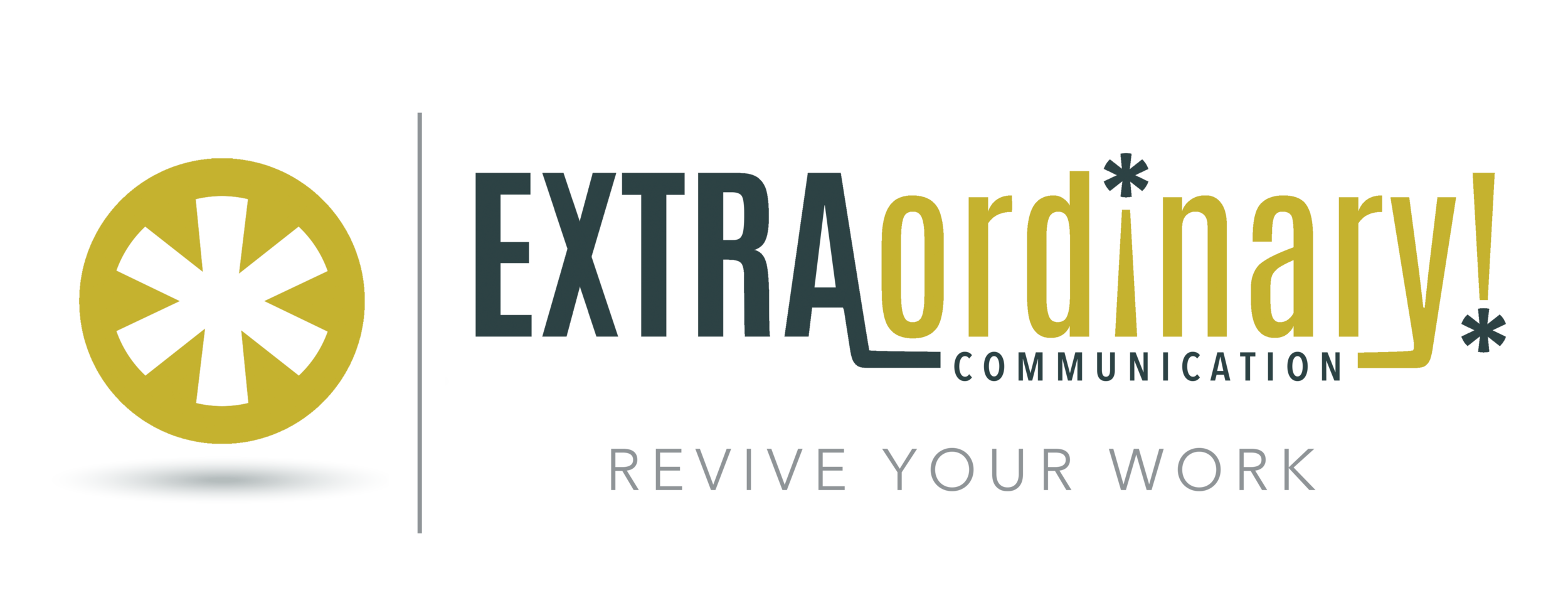E-couragement: Stop Knowing. Start Asking.
"A person who seems to have all the answers usually isn’t listening.” Jeffrey Gitomer It might have been because I thought I was so smart. Perhaps I believed that asking was a sign of weakness. Maybe I didn’t trust people to give me the right answer—even when it concerned them. Whatever the reason, I spent the majority of my life pretending to know the answers. In the long run, this trait did not serve me well.
Finally, I decided to let go of the answers and replace them with questions. I released myself from the need to appear all knowing. The burden is lighter; I feel free from the illusion of having it all figured out. The Bible says that the truth will set you free and letting go of all the answers has set me free.
Here’s my new strategy: when I don’t know something, I ask. Then…I listen. At length, I learn something and gain understanding. I’ve stopped guessing and started exploring, and as a result, I am a more effective leader, friend, and dad. You can experience this, too.
Knowing can be a trap and a curse. Oh yeah, it feels good to know—at least for a while, until it has you bound so tight that you can’t see how you’ll ever escape its grasp. As kids, we never liked the neighborhood know-it-all. Somehow, along the way, a lot of us have morphed into that villain. Take a look at this common model for leadership communication:
Why is this one of the most common leadership communication models? It’s what got you here. It’s the process that made you an expert in your field. It’s what others admire about you. “If you ever need a quick answer, just ask Bill.”
Yet this model has a limited shelf life for the engaging leader. It precipitates exhaustion and codependency; in the end, it's an unhealthy model. You need followers to ask questions (making you feel important and smart), and they need you to give them answers (justifying their false belief that they are not smart enough and that their ideas are unimportant).
When this is your model, you rarely get a break. Even at home, you’re interrupted because someone needs an answer. If you are that leader, you end up angry, wondering why your team can’t figure out the answers to their challenges. The real problem is that you haven’t given them ownership of those problems. You insist on owning them yourself. Your followers become resentful because they don’t see themselves as vital to the organization’s success. They don’t feel that their contribution is valued. One day, they cease contributing and become disengaged.
Let’s consider a new model for engaging leadership interaction:
See the difference? What a relief. You’re finally off the answer hook. This model allows you to fulfill one of your most important roles—developing others by asking skillful questions. In The Question Behind The Question, author John G. Miller writes: “Leaders are not problem solvers but problem givers. They let others tackle the problem, design their own solutions, and take action. How else can people learn?”
Allow others the opportunity to provide their answers. Break the pattern of knowing and telling. Replace it with asking and listening. Your followers want to bring their knowledge and talents to the workplace and make a difference for the organization. This is good for everyone. By applying this new model you’ll reap understanding and your followers will gladly provide better answers and solutions than you can think of on your own.
Leave your comments: In what specific area of your leadership can you stop knowing and start asking?
